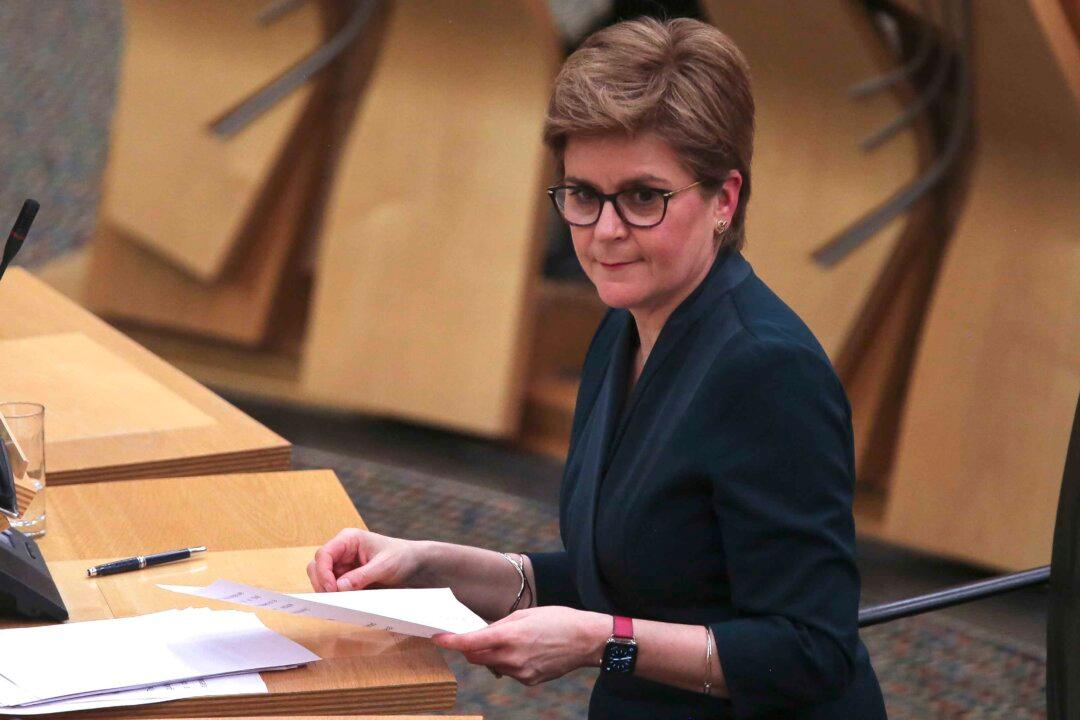A flagship SNP health policy on minimum unit pricing on alcohol failed to deliver and also increased financial strain on those most affected by alcoholism, a study has found.
In 2018, Nicola Sturgeon’s Scottish National Party (SNP) introduced minimum unit pricing (MUP) for alcohol, the first country to do so, which is currently fixed at 50p per unit.




